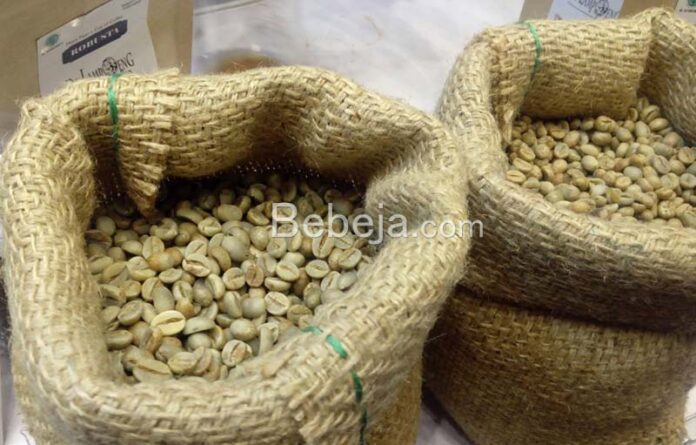Specialty coffee is coffee with a distinctive flavor and aroma from a particular region and is not found elsewhere. Organically cultivated specialty coffee is even a premium commodity for coffee-producing countries such as Indonesia.
In Indonesia, specialty coffee is developed in highland areas between 800-1,500 m above sea level with an agroclimate of 3-4 dry months. Specialty coffee needs to be certified by a designated institution such as the Coffee and Cocoa Research Center in Jember, East Java. The coffee needs to fulfill several requirements such as being organically managed and having a cupping test score of more than 80.
Indonesia has many types of specialty coffee such as from the arabica coffee group, namely rinjani coffee (NTB); mandailing, sidikalang, and lintong coffee (North Sumatra); gayo coffee from NAD; toraja coffee (Sulawesi); java coffee (Ijen, East Java); kintamani coffee (Bali); manggarai coffee (Flores, NTT); mangkuraja coffee (Bengkulu); preanger coffee (West Java); kalosi coffee; and baliem coffee (Papua). For robusta specialty coffee, there are AP robusta coffee, java dampit coffee, java estate robusta coffee, and flores robusta AP coffee.
Specialty coffee growers benefit greatly because the price of specialty coffee can be up to 2-3 times higher than regular coffee. The average price of Indonesian specialty coffee is 7-8 dollars per kg. The market opportunity for specialty coffee is wide open as almost 90% of it is exported.
Even so, it must be recognized that coffee production in Indonesia is still relatively low. In 2013, the coffee land area only reached 1.3 million hectares with production of around 700,000 tons/year. Robusta coffee productivity is only 700 kg of coffee beans/ha/year, while Arabica coffee is 800 kg of coffee beans/ha/year.
Globally, world coffee consumption is growing steadily with a percentage growth of 2.5% per year. The fastest growth occurs in emerging market areas such as Eastern Europe and Asia.
